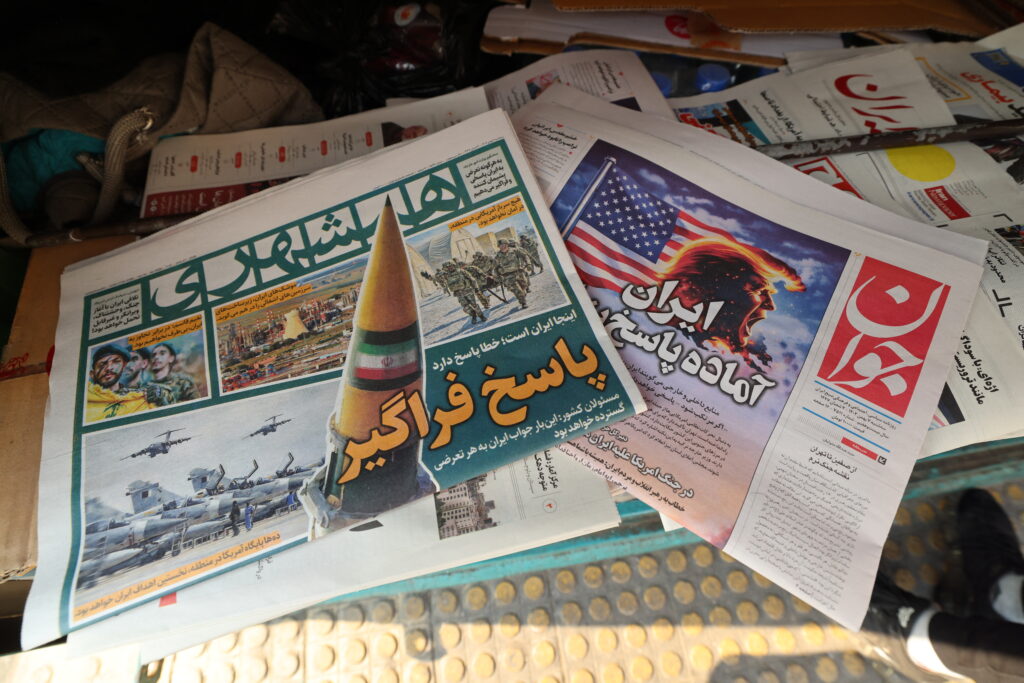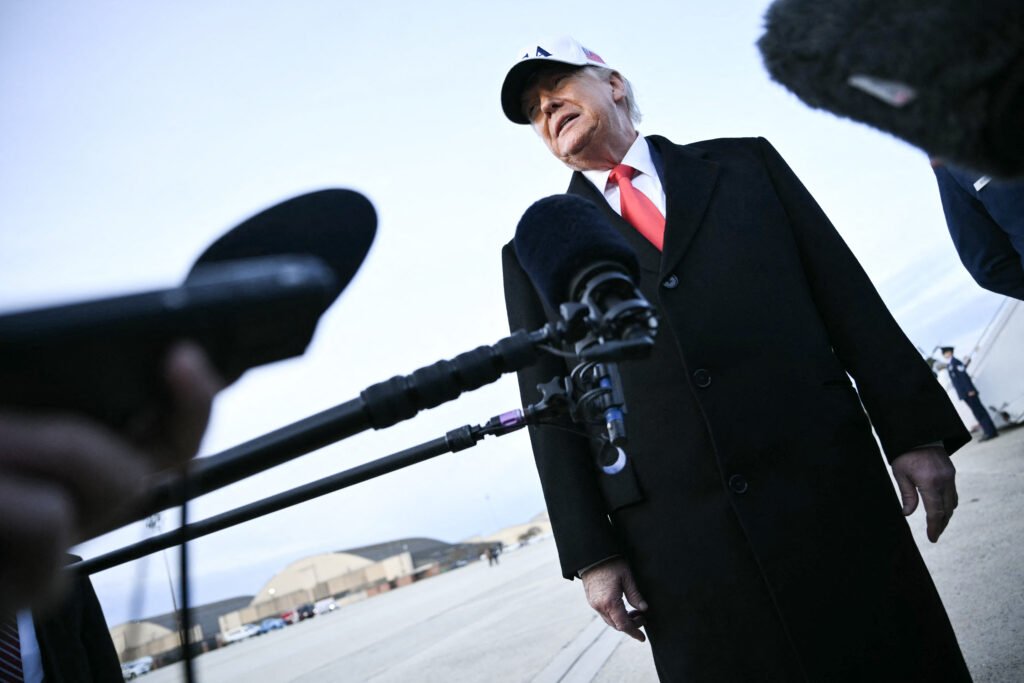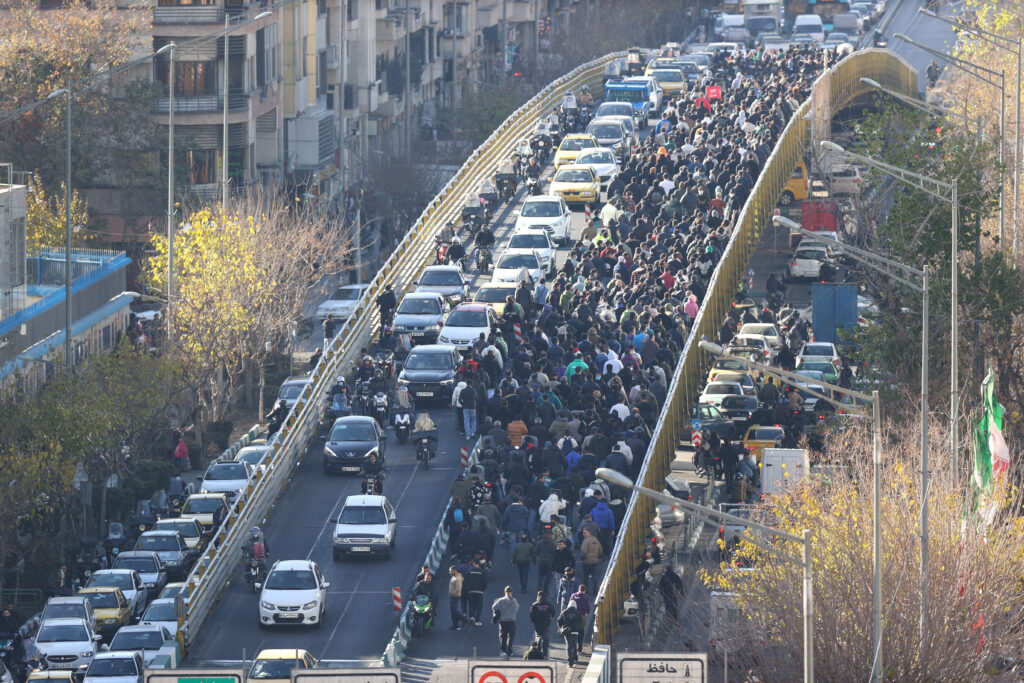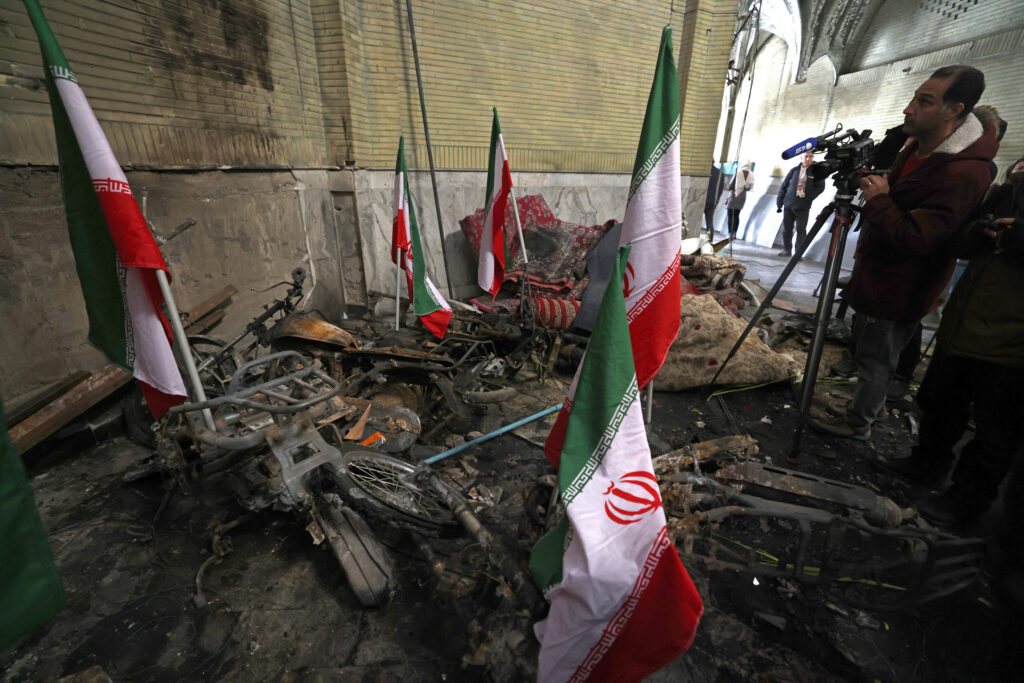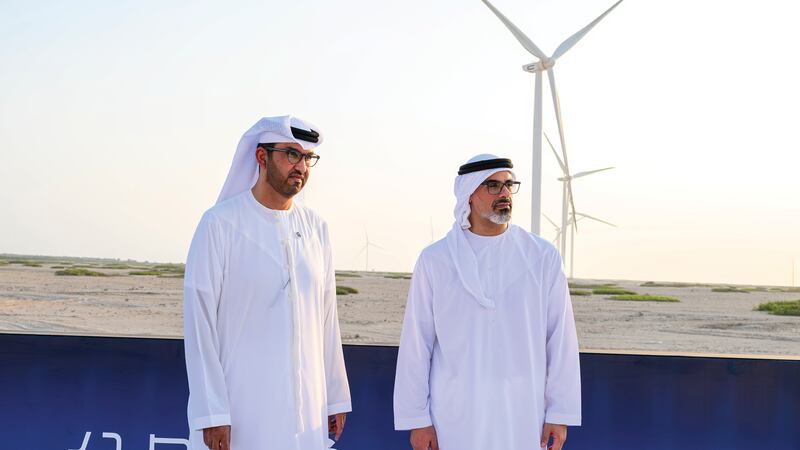Indonesia’s Balancing Act in Wake of Israel-Hamas War
- Muhammad Zulfikar Rakhmat and M Habib Pashya
- -

The Middle East is once again aflame. On 7 Oct, Hamas launched a surprise terror attack on Israeli territory, killing at least 1,400, including women and children, and taking almost 200 people hostage. Israel has declared war, with air strikes and other military operations leaving 3,000 dead and some 12,000 injured.
A ground invasion by the Israeli Defense Forces (IDF) now appears imminent, raising fears of a humanitarian disaster. The lethal Israeli response has also provoked protests in countries around the region, and there are concerns that a wider war will break out.
This turn of events in the Middle East contrasts sharply with the relative calm of recent years, and raises issues for Indonesia: How can Jakarta balance the domestic political clamour for a strong pro-Palestine stance with its desire to keep trade and other unofficial contacts with Israel?
So far, the government of President Joko Widodo has managed to keep up a balancing act, pushing support for the Palestinian cause while avoiding overly-strident criticism of Israel. The Indonesian leader has stated that the country is “pushing to stop the war, so that casualties and destruction of property do not have major implications”, a stance echoed by the Foreign Minister, Retno Marsudi.
Indonesia’s long-held position is that a two-state solution remains the best way out of the longstanding conflict. In pushing the parties to negotiate for peace, Jakarta has continuously condemned the occupation, and pledged that it would never recognise the existence of Israel. Just days before the Hamas attack, Indonesia was re-elected for the sixth time to the UN Human Rights Council for the 2024-2028 period, and re-stated the need to safeguard the interests of the Palestinian people.
However, Indonesia has also maintained ties with Israel. Although it does not have diplomatic relations with Israel, Jakarta has a web of unofficial relationships with Tel Aviv. According to data from BPS-Statistics Indonesia, total imports from Israel to Indonesia for the January-September 2023 period reached US$12.08 million, mainly comprising mechanical equipment, machines, and weapons. Meanwhile, by July 2023, Indonesia’s exports to Israel stood at US$185.2 million.
Apart from trade, both countries also have ties in the education sector. An Indonesian businessman, Agus Suherman, was the trailblazer, launching a collaboration between Ariel University and the International University of Papua (IUP). Also, since 2014, Indonesian students have been sent to the Arava International Center for Agricultural Training (AICAT) in the Negev. There are also dozens of Indonesian students studying in Israel. While the numbers are small, they are significant, considering both countries do not have official ties.
That is not all. Over the past few years, more than 30,000 Indonesians, both Christian and Muslim, have made religious pilgrimages to Israel. Apart from this, other areas of cooperation involve the health and agricultural sectors.
While these collaborations are hardly secret, they have not been publicised. In the wake of the renewed violence in the Middle East, there is sure to be scrutiny of Indonesia’s ties to Israel, particularly since it has both a huge domestic Muslim constituency as well as ambitions of becoming a leading voice in the Muslim world. A mis-step could cause it to lose credibility both at home and abroad.
The Indonesian public is overwhelmingly supportive of Palestinians, and the 7 Oct attacks have resulted in large protests in Jakarta and elsewhere. On 11 Oct, demonstrations were also held outside the American Embassy in Jakarta.
The country also has two huge Muslim organisations which wield great influence, Nahdlatul Ulama (NU), and Muhammadiyah. They have issued calls supporting Palestinians, and for an end to the violence. While both are moderate in their stance, they hold great sway over many Muslims — NU has over 60 million members, and Muhammadiyah, while smaller, has tens of millions — and can upend the domestic situation if a prolonged war with many casualties erupts.
Indonesia has also grappled with extremism, and potential violence cannot be ruled out, particularly if the government is seen as not being tough enough on Israel.
A further danger is that campaigning for the 2024 presidential election kicks off next week (Oct19). If the Gaza war becomes an issue, candidates may decide to weigh in. Anies Baswedan, the former governor of Jakarta, has already done so. On 8 Oct, he said Israeli retaliation amounted to murder, and also accused its government of “apartheid-like” actions. The two other candidates, Ganjar Pranowo and Prabowo Subianto, have not been as outspoken, although it is still early days.
When it comes to foreign policy, Indonesia will have to maintain its credibility with Muslim countries. In recent years, Jakarta’s ties with the United Arab Emirates, which has normalised ties with Israel, have grown much stronger. But it also has solid relationships with Qatar and Turkey, both of which have reacted in strongly anti-Israel terms to the recent violence (Hamas’ leader, Ismail Haniyeh, and other senior figures live in Doha). All three countries are critical to Indonesia’s economic and political interests.
But Indonesia also wants to be recognised as a responsible international partner, making its balancing act more difficult. The country was lauded for its successful G20 presidency in 2022, and is a key partner of the United States’ Indo-Pacific strategy. Jakarta has also been more forceful in pushing back against China’s actions in the region, drawing it closer to the West.
Its approach of being a key cog of mechanisms to uphold the international rules-based order while chasing its vision of being a leading Muslim power has occasionally run aground. Earlier this year, for instance, it was booted from being the host of the Fifa Under-23 World Cup, after Bali’s governor refused to accommodate Israeli participation. The resort island’s leader baulked in the face of popular anger over allowing Israel to play. Football has been a source of embarrassment for the country recently — after holding discussions with Australia on a joint World Cup 2034 bid, along with Malaysia and Singapore, Jakarta abruptly pulled the plug and supported Saudi Arabia’s candidacy instead. Such mis-steps do not bode well for the country’s international standing.
How Indonesia will navigate the fallout from the Israel-Hamas war remains to be seen. What is becoming clear is that it will exercise extreme caution. In that regard, one question that has always been asked of the country, given its status as the world’s most populous Muslim nation, is whether it will normalise ties with Israel when Saudi Arabia does so. Given the current climate, the answer is a firm no, even if — or when — Riyadh, which has a strong national interest in normalisation, does so.
Image Caption: Indonesian Muslim women chanting while holding a placard during a fundraising event in Jakarta on 15 October 2023, to support the Palestinian cause. Photo: Bay Ismoyo / AFP
About the Author
*Muhammad Zulfikar Rakhmat, a researcher at Jakarta-based Center of Economic and Law Studies, is an MEI Research Affiliate.
*Habib Pashya is a graduate student majoring International Relations at Universitas Gadjah Mada.

